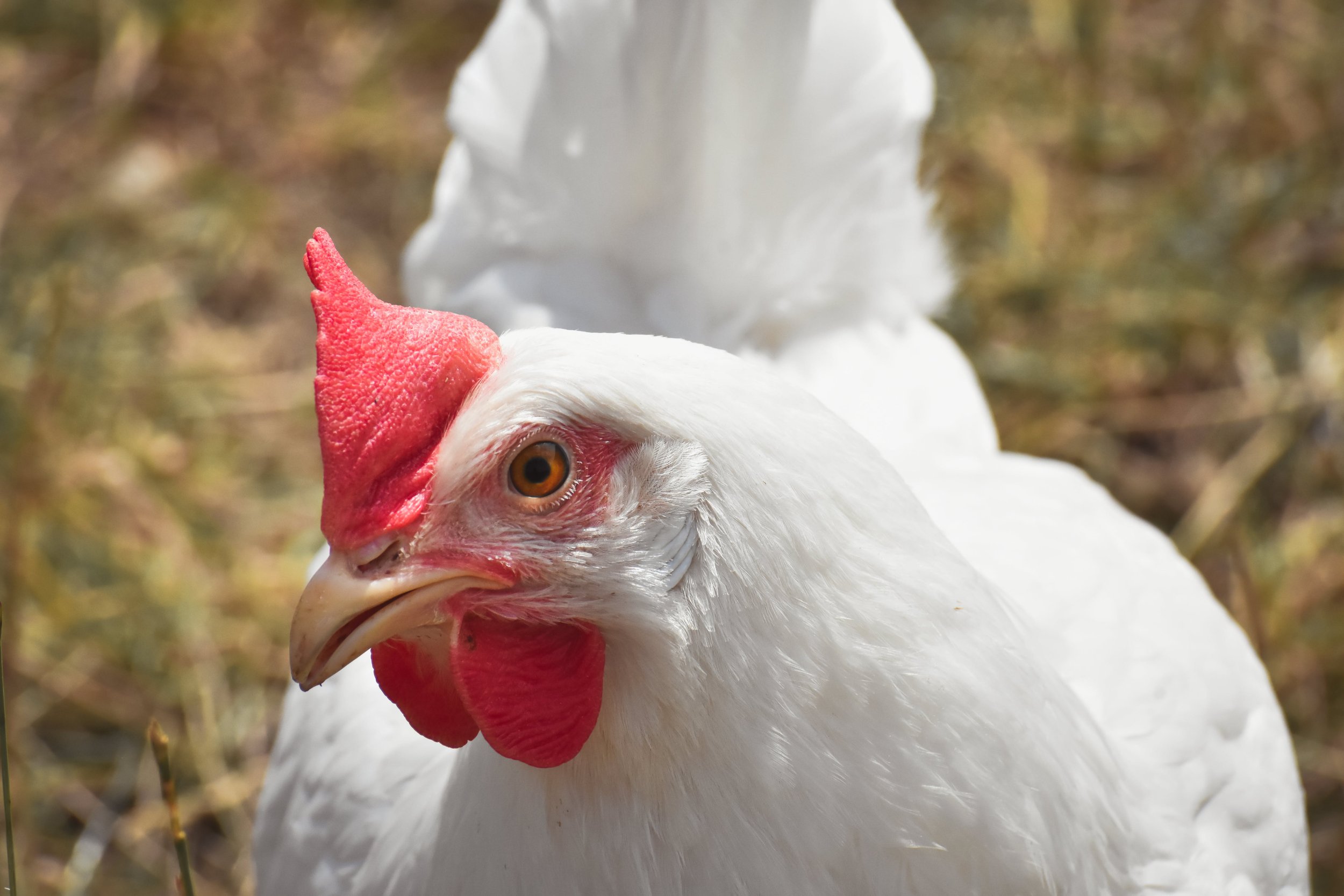Conference 2023 Panel Recap - "Emerging Voices in Food Law and Policy"
Photo by Alexas Fotos: https://www.pexels.com/photo/close-up-shot-of-a-broiler-chicken-7269131/
Panel: Emerging Voices in Food Law and Policy
The Emerging Voices panel is sponsored by Gowling WLG, and named for Joel Taller, a pioneer of food law and policy who was very well known and respected in the field. This year’s panel featured the fantastic research and papers of four students: Noah Brennen, Sonia Knowlton, Jacob Van Boekel, and Celia White. The papers and presentations were reviewed by a panel of four judges: two law professors, Phil Lord and Heather McLeod-Kilmurray; and two practicing lawyers, Amy Hetu and William Bjornsson.
Noah Brennen (Western Law) – “Navigating Rough Waters: Fishery Workers’ Right to Food and Lessons Learned from a Comparative Assessment of Global and Nova Scotian Fisheries”
Noah’s research and paper compared labour conditions in Nova Scotian fisheries with those we see on a more global scale. He used three key features, specifically physical working conditions, the ability to collectively bargain and access to social protection, to determine if Nova Scotian fishery conditions were better than global conditions. He determined that Nova Scotian fisheries have better conditions comparatively to the rest of the world, which translates to the ability to enjoy the right to food.
Sonia Knowlton (Yale Law School) – “Answered question: Does Section 35 require that the Crown pay particular attention to Indigenous food systems in the creation and execution of climate change efforts”
Sonia’s work was grounded in the desire to frame a right to food sovereignty and food systems through an analysis of s. 35 of the Constitution. Sonia argued that s. 35 should play a role in responding to the devasting impacts of climate change and colonialism, which have removed Indigenous peoples’ traditional modes of acquiring food across Canada. Her argument pulled in Indigenous rights, the honour of the Crown and its fiduciary duties, to argue that there is perhaps a benefit to adopting a rights-based discourse.
Jacob Van Boekel (Western Law) – “Putting Down Roots: Assessing New Entrant Programs for Dairy and Broiler Farmers in Ontario”
Jacob’s paper provided an overview of supply management in Canada, with a particular focus on broiler farms (aka chickens). He described the benefits and barriers associated with supply management and the use of quotas. More specifically, he set out the high amount of capital required to purchase quota as well as farmland, which leads to a huge barrier of entry into the profession. Jacob explored current solutions to improve the supply management system, but identified difficulties in these solutions thus far. He ended his presentation by suggesting that quota and farmland could be provided through a leasing structure to encourage new entrants into farming.
Celia White (Osgoode Hall Faculty of Law): “Migrant Workers, Labour, and Trade Enforcement”
Celia’s paper focused on CUSMA, and more specifically Chapter 23, which covers labour standards. She addressed how these standards have been implemented domestically in Canada. The language in CUSMA is pulled directly form Core Labour Standards and is more rigorous than previous language in NAFTA. She analyzed Canada’s domestic implementation of CUSMA by exploring the SAWP program, for seasonal agricultural workers.
Conclusion
The Joel Taller Prize for Emerging Voices in Food Law was awarded to Jacob Van Boekel!
Congratulations to all of the students for their contributions. Our intention is to publish their papers, so please keep your eyes out for their work!
